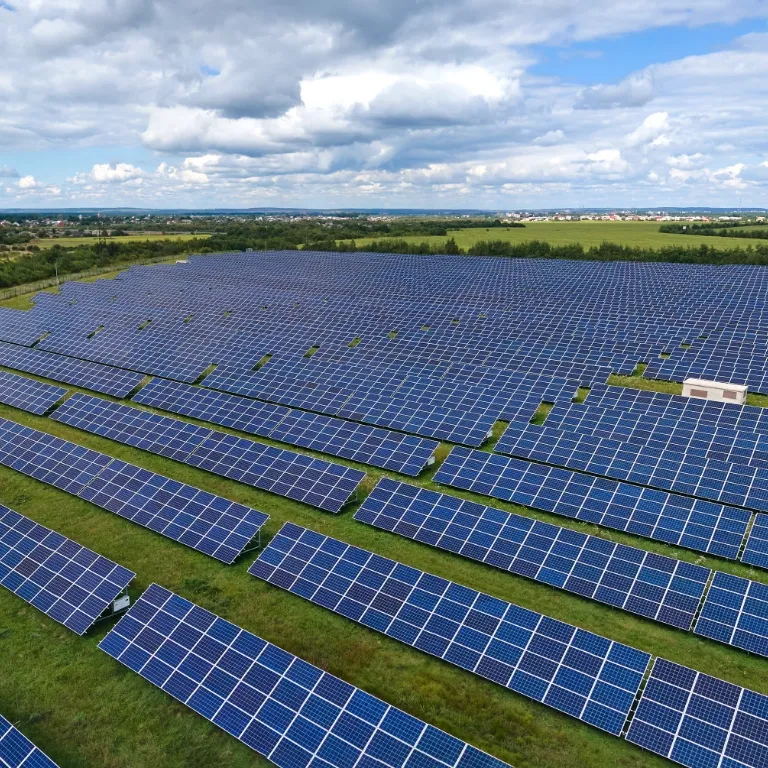Renewable Energy M&A in Japan: Key Land-Related Issues and Practical Risk Mitigation

Key Words: Renewable Energy M&A Japan, Renewable Energy Legal Due Diligence Japan, Land Rights Japan, Real Estate Due Diligence Japan, FIT/FIP Scheme Japan, Renewable Energy Special Measures Act Japan, Power Plant Land Use Japan, Leasehold Rights Japan, Easement and Mortgage Japan, Change of Control Clause Japan, SPA Representations and Warranties Japan, M&A Risk Allocation Japan, Renewable Energy Project Finance Japan, METI Renewable Energy Regulations Japan, Land Use Rights Verification Japan, Solar Power Project Due Diligence Japan, Renewable Energy Transactions Japan, Japan Renewable Energy Legal Counsel, Renewable Energy Investment Compliance Japan
I. Introduction[1]
M&A activity in Japan’s energy sector has been on a steady rise. In the first half of 2024 alone, there were 49 M&A transactions involving electric power and gas companies as either sellers or buyers — a 26% increase compared to the same period in the previous year.[2]
In terms of transaction scale, large‐scale deals have also emerged as part of Japan’s ongoing transition toward decarbonization. In 2022, ENEOS Corporation acquired all shares of Japan Renewable Energy Corporation for approximately JPY 200 billion,[3] and in 2023, JERA Co., Inc., through a subsidiary, acquired Belgium’s offshore wind power company, Parkwind NV, for about JPY 220 billion.[4]
In M&A transactions involving renewable energy generation projects, legal due diligence typically covers a wide range of areas. These include:
- Real estate rights (e.g., securing land use rights for project sites);
- Project agreements, such as EPC (Engineering, Procurement and Construction) and O&M (Operation and Maintenance) contracts;
- The FIT/FIP certifications under Japan’s Act on Special Measures Concerning Promotion of Utilization of Renewable Energy Sources (commonly referred to as the “Renewable Energy Special Measures Act”);
- Existing finance agreements with lenders;
- Licenses and permits required for project operation; and
- Disputes or contingent liabilities affecting the project.
In particular, the real estate assets used for power generation form the core foundation of any energy project, making real estate due diligence one of the most critical aspects of M&A in this sector. If defects or uncertainties are discovered in the land use rights during the Legal DD process, they can directly affect the viability of the power generation business itself, potentially constituting a “red flag” that influences pricing, risk allocation, or even the decision to proceed with the transaction. Even after closing, issues frequently arise concerning the duration and renewal of land use rights, the consistency of such rights with FIT/FIP certifications, and the existence of encumbrances such as security interests or easements. These issues can escalate into post-closing disputes if not properly reviewed and addressed during the DD process or reflected in the transaction documents.
This article focuses on a project involving the transfer of shares (or equity interests) in a solar power generation company operating under Japan’s FIT/FIP schemes, and explains (1) the key real estate-related items to be examined during Legal Due Diligence in renewable energy M&A and (2) how identified issues can be practically addressed under the Share Purchase Agreement (SPA).[5]
To continue reading, please download the full article in PDF format below.
[1] This communication is provided as a service to our clients and friends and is for informational purposes only. It is not intended to create an attorney-client relationship or constitute an advertisement, a solicitation, or professional advice as to any particular situation.
[2] “M&A Activity in Japan’s Power and Gas Sector Hits Record High — Renewables Take the Lead,” The Nikkei, Morning Edition, September 3, 2024.
Available at: https://www.nikkei.com/article/DGKKZO83188180S4A900C2DTA000/
[3] “Notice Regarding Acquisition of Shares in Japan Renewable Energy Corporation by Our Subsidiary (Resulting in a Change in Scope of Consolidated Subsidiaries),” ENEOS Holdings, Inc., October 11, 2021, available at: https://www.hd.eneos.co.jp/newsrelease/upload_pdf/20211011_01_01_0960492.pdf
[4] “Acquisition of Belgium-Based Offshore Wind Power Developer Parkwind,” JERA Co., Inc., March 22, 2023, available at: https://www.jera.co.jp/news/information/20230322_1109
[5] Please note that this article is not intended as legal advice for any specific transaction.
The matters requiring review and the corresponding contractual responses will vary depending on factors such as the type of project (solar, wind, geothermal, biomass, etc.), project scale, transaction structure, and the negotiating positions of the parties.


